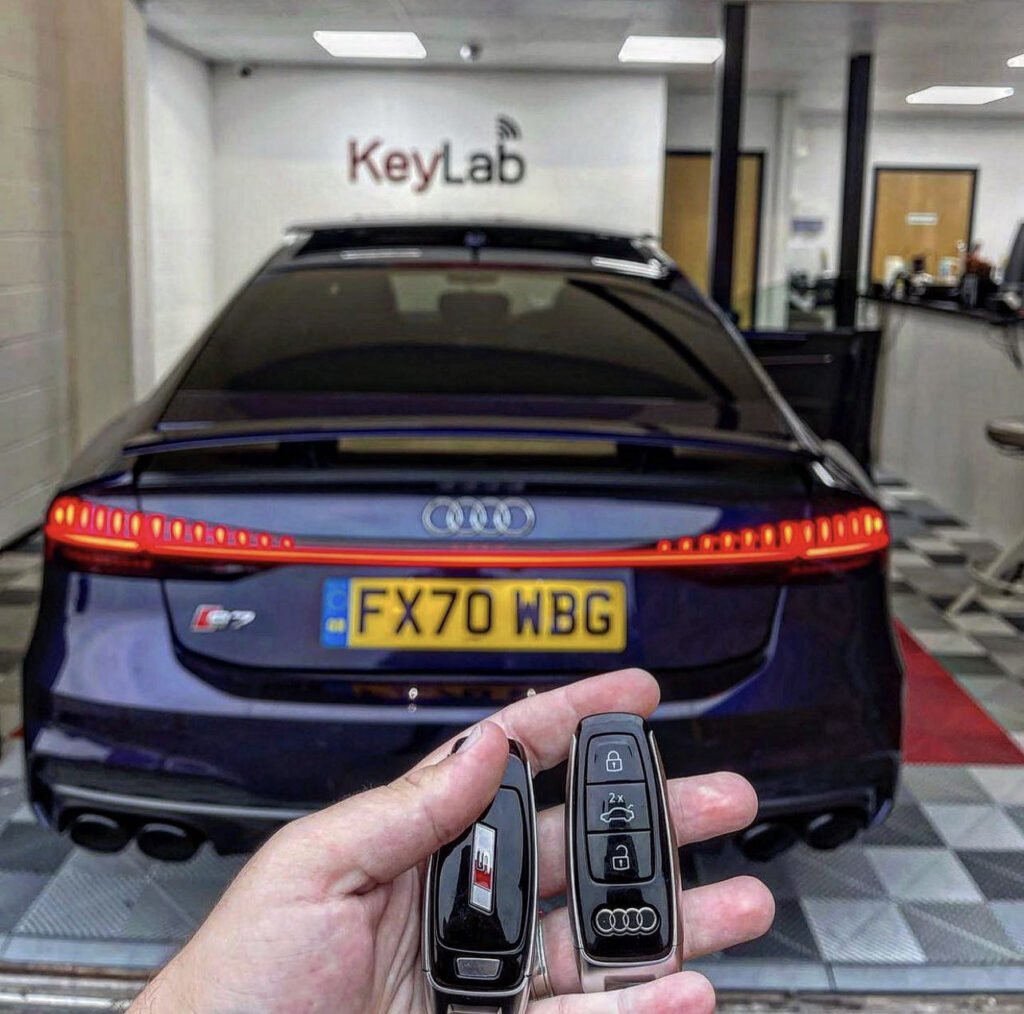A Look Into Mobile Mechanic Near Me's Secrets Of Mobile Mechanic Near Me
What Is Car Diagnostics?
Car diagnostics is a procedure that can be used to identify the reason for the malfunctioning of a vehicle. This includes analyzing all kinds of vehicle equipment. However, it is more commonly used to refer to electronic-controlled vehicles. In the process of diagnosing, the fuel supply of your car, air filters, and sensors are checked to determine if something is wrong. Your car's engine management software will search for codes that relate to different components.
Check engine light

The Check Engine light signals that your car is experiencing issues. The check engine light may blink or stay for a prolonged period. Whatever the reason it is essential to get your car checked by a professional mechanic. You could end up damaging your car's emissions control system, including your catalytic converter, if you do not address the issue.
It is essential to know how cars work to identify the cause of the check engine light. Cars are equipped with computers which communicate with drivers via icons. The onboard computer detects a problem and turns the orange engine-shaped icon on the instrument cluster on. The cause of the problem could range from simple overheating , to more serious.
A check engine light indicates that there is a problem in the car's emissions control system. This is a sign there is an issue with the vehicle's emission control system. This can make driving unsafe. It is imperative to address it fast or else it will cause further damage and costly repairs. While the check engine light isn't always a danger to drive with, it should not be ignored.
If you are unsure of what's wrong, you can buy an OBD-II scanner to pinpoint the issue. These scanners cost up to $100 and give you an idea of the issue with your vehicle. They can also help you decide what to do next depending on the severity of the problem. In the meantime, don't be worried if your car's check engine light is on - keep calm, listen to your car's symptoms, and ensure that you make a stop as soon as you can.
Oxygen sensor tests
There are two main ways to check the oxygen sensors in your vehicle. To determine the voltage of your oxygen sensor, first use an OBD2 scanner tool. If the sensor is functioning properly, the voltage should fluctuate from lean to rich at a steady pace. The voltage should stay between 0.1 and 0.9 voltage. If it fluctuates, there is probably a problem with the oxygen sensor.
If the readings remain consistent the oxygen sensor is working correctly. It should be within the range of 100mV to 900mV. It should fall within the range of 100mV - 900mV. If it is less than this, it is a sign of an issue. If the readings are higher than this range it is likely that the sensor is failing. Next you must disconnect the hose from your PVS valve. This will allow a substantial amount of air to enter the engine.
A voltmeter is a great method to test the voltage of the O2 sensor of your car. You'll need a high-quality voltmeter. This is because the voltage that comes from the O2 sensor in your car should be between one and one volt.
A multimeter can be used to check the voltage if you're not sure. The multimeter will provide the results from both downstream and upstream oxygen sensors. If you own a multimeter, make sure you warm up the vehicle prior to conducting tests. Once it's warm, voltage of your digital multimeter will fluctuate between 0.1 one volt and 1 volt. If your readings aren't in that range, the oxygen sensor is likely to be malfunctioning.
Diagnostics costs
There are a myriad of factors which affect the final cost of car diagnostics. While most problems are simple complicated issues can be costly. For example, you may discover that you must replace a few parts of your engine. If this is the case, think about getting a second opinion. It is important to be aware that certain auto repair shops will charge you more for diagnostic tests. Beware of being ripped off by finding an honest auto repair shop that has a good reputation.
In addition to the cost of the diagnostic test, you should keep in mind that you can purchase an online car
diagnostic tool for around $25. These tools are similar to ones used by mechanics or auto parts shops. These tools will help you find the problem before you take it to a mechanic.
A general diagnosis will cost you between $88 to $111 on average. The shop can request additional time or money to find out the cause of more complicated problems. These costs are usually lower than the cost for repair. These costs are only the beginning of the bill.
While the cost of a diagnostic examination could be more expensive than other repairs It's important to remember that you're investing for the rest of your life in your vehicle. Diagnostic tests for cars can assist you to detect a problem prior to it can become an expensive expense.
Signs that your car's engine is in trouble
One of the most crucial elements of a car's system is the electrical system, that controls the lights. The lights are crucial for safety and to illuminate the interior, particularly at night. If your lights suddenly dim or stop functioning, there could be an issue with your electrical system. This could be a sign of a problem with the belt of the alternator or an aging battery.
